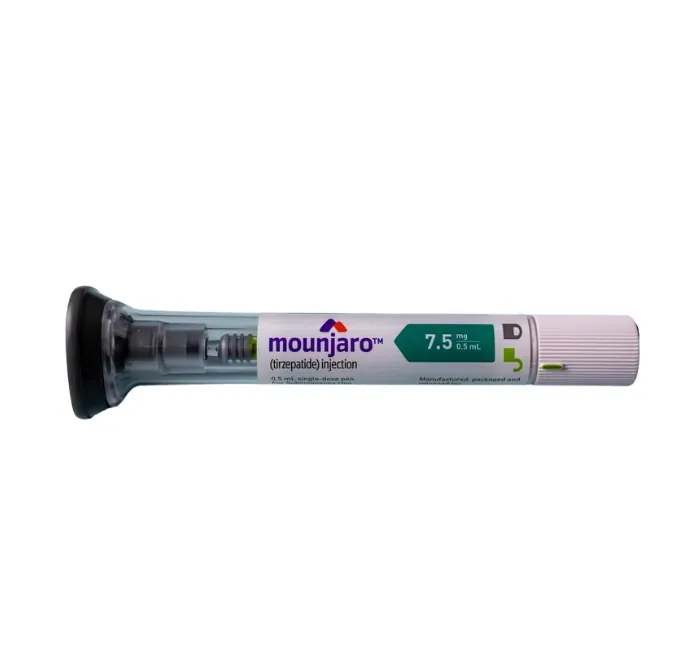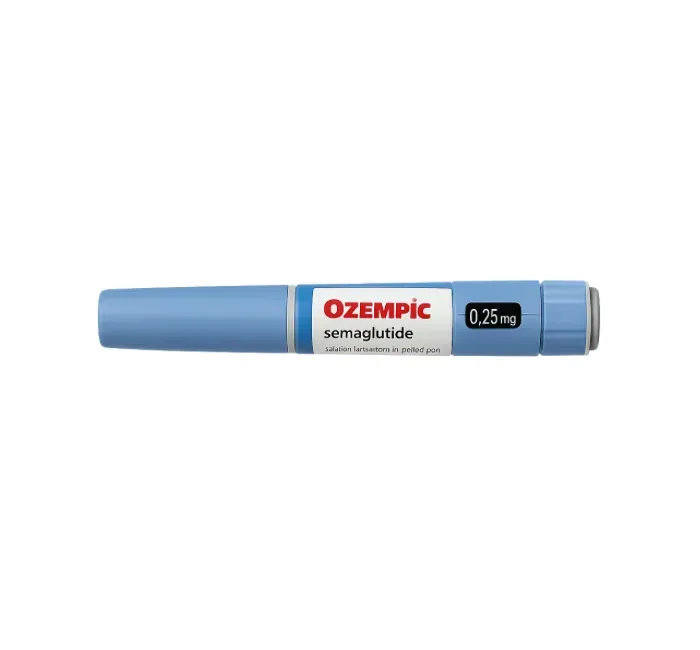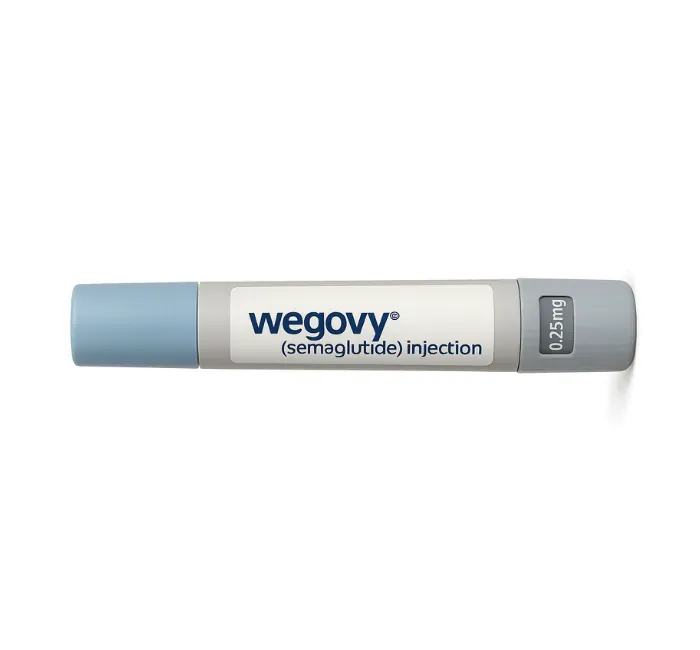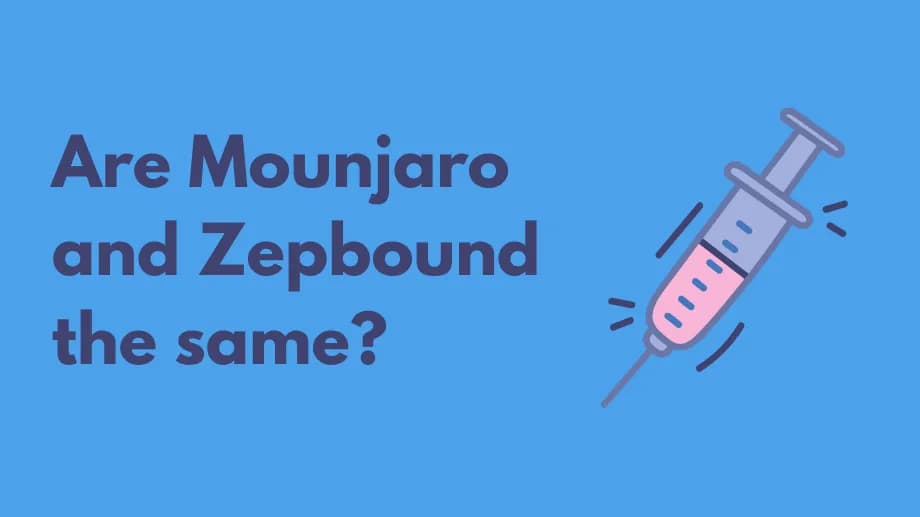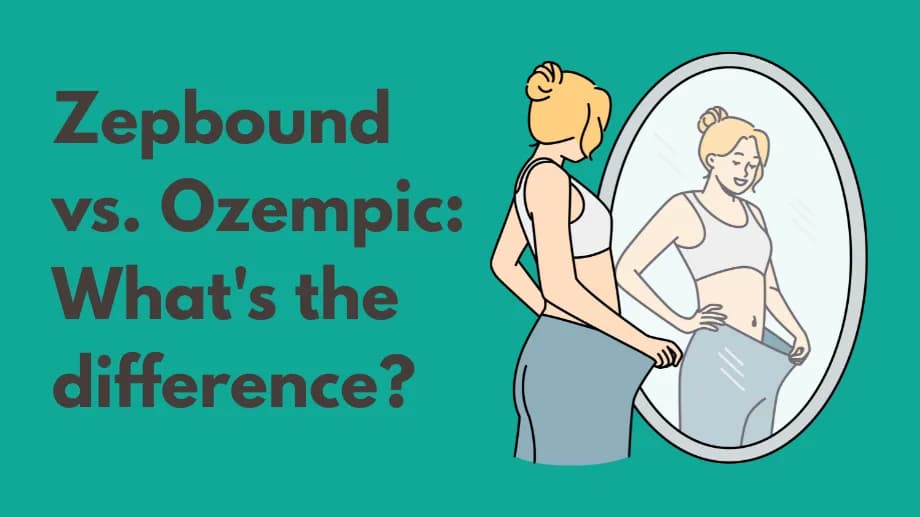How much is Zepbound with a savings card?
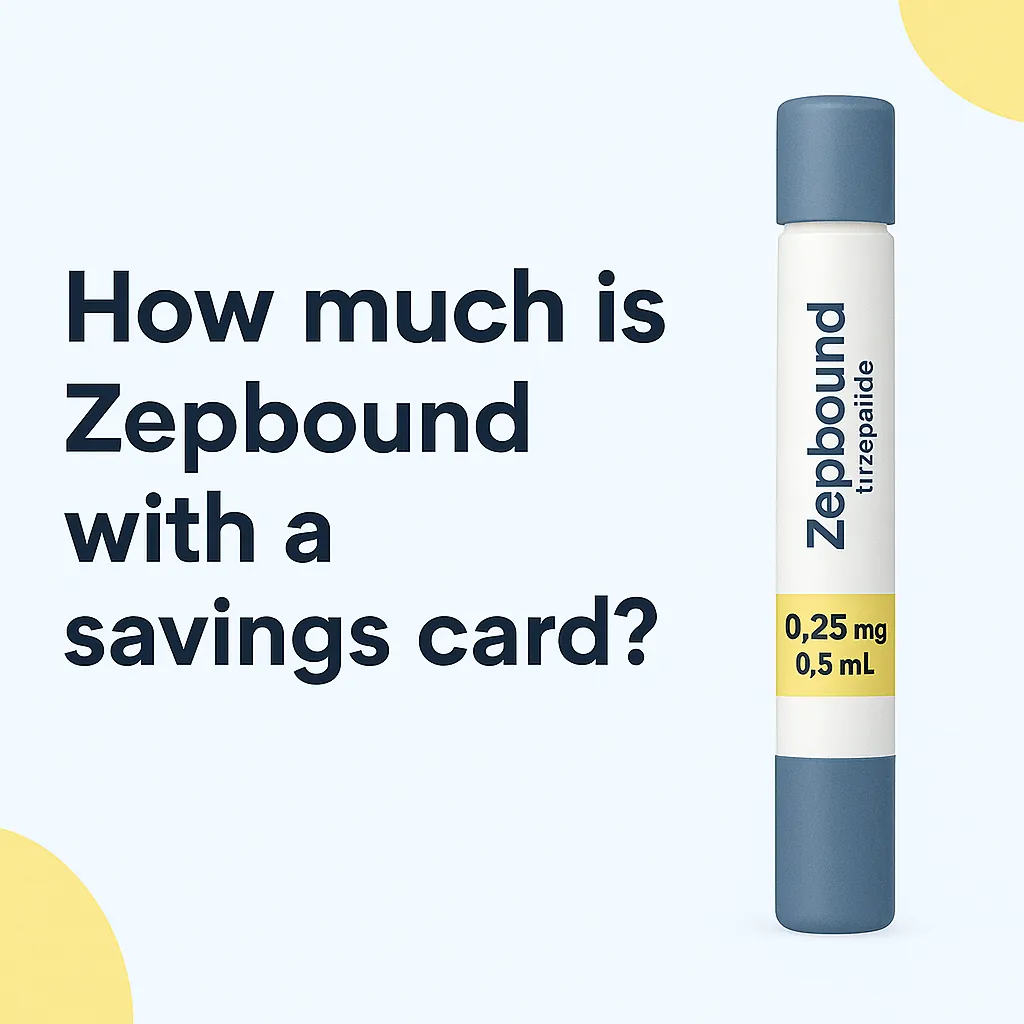
Eli Lilly and Company’s new blockbuster weight loss drug, Zepbound (tirzepatide), has taken off, with 25,000 new prescriptions per week and more than $175 million in sales in its first few weeks on the market, according to the drug manufacturer.
With an average retail cost of almost $1,300 for a month’s supply, it would be hard for most people to afford this medication if they do not have insurance coverage or if their insurance plan does not cover it. To help with this, Eli Lilly worked to have brand-name Zepbound added to the preferred formulary of many of the top health insurance companies such as Cigna Healthcare and Express Scripts. They also launched a Zepbound Savings Card Program that may help cover some of your out-of-pocket costs or copays.
Eligible adult patients with commercial insurance can pay as little as $25 for a 1-month or 3-month prescription at participating pharmacies through this program. However, you can not use this savings card if you are enrolled in any state, government, or federal-funded healthcare program, including, Medicare, Medicare Part D, Medicare Advantage, Medicaid, Medigap, Department of Defense, TRICARE/CHAMPUS, VA, or any state prescription drug assistance program. You can save up to a maximum of up to $150 per 1-month prescription, $300 per 2-month prescription, or $450 per 3-month prescription of Zepbound with a maximum annual savings of up to $1,800 per calendar year.
For those whose insurance does not cover Zepbound, you may pay as low as $550 for a one-month prescription, or about half the drug’s list price. With this option, you can save up to a maximum of $563 off your 1-month supply of Zepbound with a maximum annual savings of up to $7,319 per calendar year. For more information on eligibility requirements, you can call 1-800-LillyRx (1-800-545-5979) or visit www.zepbound.lilly.com.
You cannot combine or utilize the savings card with any other program, coupon, discount card, cash discount card, incentive, or any similar offer involving Zepbound.
Zepbound FAQs
What is Zepbound used for?
Zepbound (tirzepatide) is a glucagon-like peptide-1 (GLP-1) and glucose-dependent insulinotropic polypeptide (GIP) receptor agonist that is FDA-approved along with increased physical activity and a reduced-calorie diet for chronic weight management in adults with a starting body mass index (BMI) of:
- 30 kg/m2 or higher (obesity)
- 27 kg/m2 or higher (overweight) with at least one weight-related condition such as high cholesterol, high blood pressure (hypertension), type 2 diabetes, heart disease, or obstructive sleep apnea.
How does Zepbound work?
The active ingredient in Zepbound is tirzepatide, a GIP and GLP-1 receptor agonist. Zepbound works by acting like GLP-1 and GIP, 2 hormones released in your gut that are involved in the regulation of blood sugar and appetite. GLP-1 and GIP target areas in your brain to help decrease appetite and slow down digestion to help you feel full faster and longer. This can help you eat less and is what makes Zepbound an effective weight loss medication. They also stimulate your pancreas to release insulin, which reduces your blood sugar levels.
What are the side effects of Zepbound?
The most common side effects of Zepbound in clinical trials when compared to placebo include:
- Nausea
- Diarrhea
- Vomiting
- Indigestion
- Constipation
Some other possible side effects of Zepbound include:
- Burping
- Fatigue
- Stomach pain
- Hair loss
- Injection site reactions
- Dizziness
Zepbound may also cause more serious side effects including:
- Serious allergic reactions (hives, swelling of your throat and tongue, trouble breathing)
- Increased risk of thyroid cancer or thyroid tumors
- Pancreatitis
- Kidney damage including kidney failure
- Gallbladder problems including gallstones
- Hypoglycemia (dangerously low blood sugar)
- Vision changes in people with type 2 diabetes
- Worsening depression or suicidal thoughts
Disclaimer: These are not all of the possible adverse events of Zepbound. You should always seek medical advice from a healthcare professional. Report side effects to the FDA at 1-800-FDA-1088 or www.fda.gov/medwatch.
Shop Medications
Are there Boxed Warnings with Zepbound?
The FDA recommends avoiding Zepbound if you have a personal or family history of medullary thyroid cancer or Multiple Endocrine Neoplasia syndrome type 2 (MEN 2), or are allergic to tirzepatide or any inactive ingredient in this product.
What precautions are there with Zepbound?
Your healthcare provider should be aware if you:
- Have kidney or pancreas problems
- Have slowed stomach emptying (gastroparesis)
- Have a history of diabetic retinopathy
- Are pregnant or breastfeeding
Oral birth control may be less effective with Zepbound. Use alternate contraception for 4 weeks after starting or changing your dose.
What drug interactions are there with Zepbound?
Zepbound may interact with:
- Other medications that lower blood sugar
- Oral medications (due to delayed digestion)
How should you use Zepbound?
Zepbound is a once-weekly subcutaneous injection in the stomach, thigh, or back of the upper arm. You can take it with or without food. Always follow your healthcare provider’s instructions. If you miss a dose, take it within 4 days or skip it. Do not take 2 doses within 3 days of each other.
How much does Zepbound cost without insurance?
Without insurance, Zepbound costs around $1,300/month. A savings card from Eli Lilly may reduce this cost. Compare pharmacy prices and check for discount programs.
Is Zepbound covered by Medicare?
Generally, Medicare Part D does not cover Zepbound. Contact your plan for specifics.
When will Zepbound be available in pharmacies?
Zepbound became available in December 2023. Due to high demand, it may be out of stock in some locations. Check multiple pharmacies if needed.
Related Medications
- Mounjaro (tirzepatide)
- Wegovy (semaglutide)
- Ozempic (semaglutide)
- Rybelsus (semaglutide)
- Trulicity (dulaglutide)
- Victoza (liraglutide)
- Saxenda (liraglutide)
